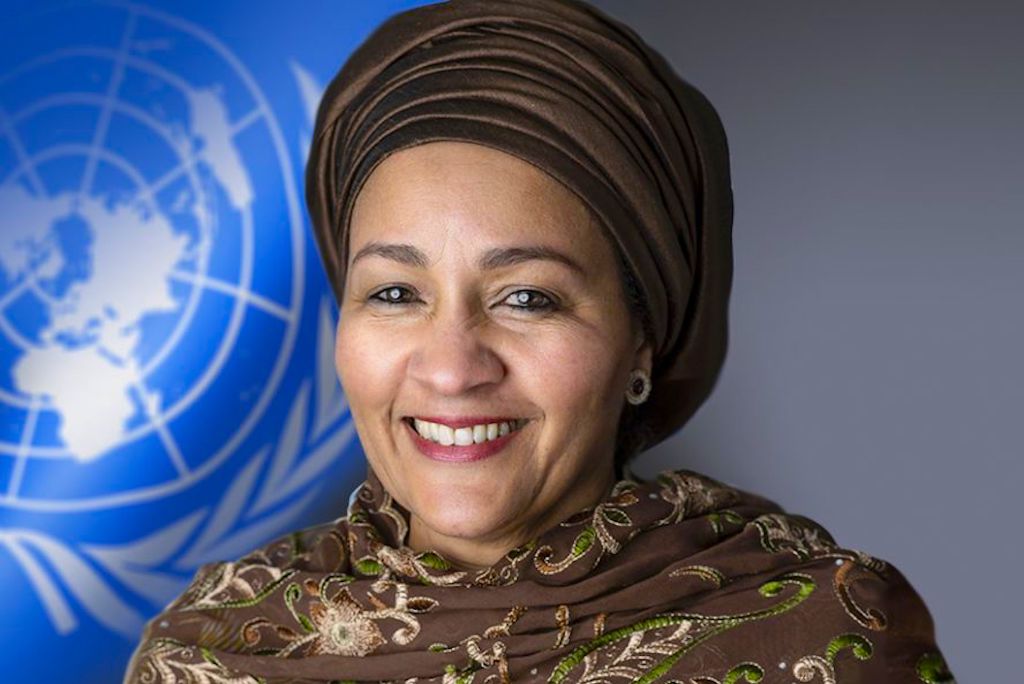The Federal Government has reaffirmed its commitment to collaborate with the United Nations (UN) in implementing sustainable solutions to alleviate poverty and address humanitarian challenges in Nigeria.
This was disclosed by the Minister of Humanitarian Affairs and Poverty Reduction, Prof. Nantawe Yilwatda, during a press briefing in Abuja on Friday.
The minister spoke after a strategic meeting with Amina Mohammed, the UN Deputy Secretary-General.
Strengthening longstanding partnerships
Yilwatda noted that the UN had been a crucial ally in supporting Nigeria’s social intervention programs, helping the government actualize its poverty reduction goals.
He emphasized that this renewed partnership aligns with the Federal Government’s Renewed Hope Agenda, which focuses on tackling youth unemployment, poverty, and the challenges faced by victims of conflict and climate change.
“We have the opportunity to partner with the UN to ensure that people affected by insurgency, climate change, and armed conflicts are supported,” Yilwatda stated.
“This partnership is aimed at providing durable solutions to the plight of Nigerians. It will lift as many people as possible out of poverty, reduce youth unemployment, and enhance the safety and stability of our communities,” he added.
Humanitarian response and poverty alleviation plans
As part of its initiatives, the Ministry of Humanitarian Affairs and Poverty Reduction plans to unveil the 2025 Humanitarian Response Plan on December 23.
- According to Yilwatda, the plan will outline the government’s strategies for addressing the country’s humanitarian challenges and serve as a roadmap for raising funds globally in collaboration with the UN.
- He added that the government’s durable Solution Plan would take effect within the first quarter of 2025.
- The program, he said, is a testament to President Bola Tinubu’s commitment to poverty reduction, with significant allocations in the proposed 2025 budget earmarked for safety net programmes,” he added.
- The minister also revealed that the ministry aims to create at least two million jobs by the end of 2025 as part of its poverty reduction efforts.
UN’s commitment to supporting Nigeria
The UN Deputy Secretary-General, Amina Mohammed, commended the Federal Government’s efforts, pledging the UN’s continued support in addressing Nigeria’s multidimensional poverty challenges.
“People are on the move today—whether due to climate change, conflict, or displacement—facing various hardships. This ministry plays a pivotal role in providing solutions to humanitarian crises and ensuring the safety of communities,” Mohammed said.
She stressed the importance of investing in social intervention programs to address growing humanitarian needs, urging both the government and private sectors to commit more resources to resilience-building initiatives.
